১৩ ফাল্গুন ১৪৩২
Modi Reportedly Ignored Four Calls from Trump Amid Tariff Dispute: German Media
26 August 2025 20:08 PM
NEWS DESK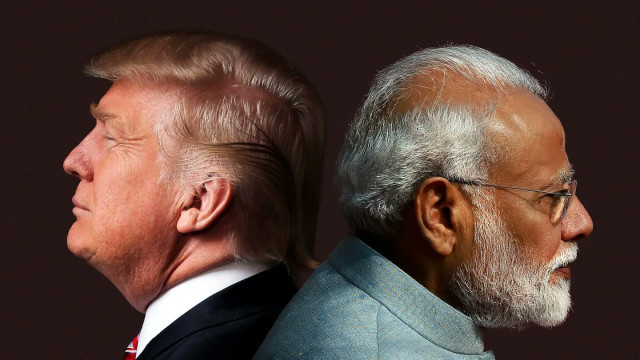
Former U.S. President Donald Trump reportedly attempted to reach Indian Prime Minister Narendra Modi by phone at least four times recently, but Modi declined to take his calls, according to a report published by German newspaper Frankfurter Allgemeine Zeitung (FAZ). The report suggests that Modi deliberately avoided speaking to Trump out of "deep anger" and strategic caution.
Indian media outlet India Today cited the FAZ report, which claims that Trump made multiple attempts to speak with Modi at a time when the U.S. had imposed a 50% tariff on Indian goods—one of the highest rates Washington has applied to any country apart from Brazil.
Thorsten Benner, co-founder and director of the Berlin-based Global Public Policy Institute, shared a copy of the article on X (formerly Twitter), highlighting the German newspaper’s assertion that Modi refused to engage with Trump despite repeated outreach.
According to the FAZ, Modi was visibly offended by Trump’s actions and remained wary of being manipulated in a similar fashion to other leaders. The report references a past incident in which Trump publicly announced a new trade agreement with Vietnam after a single phone call with the country’s President, To Lam—despite no formal deal being finalized by the respective delegations.
Analysts suggest that Modi, during his first term, managed to maintain a working relationship with Trump while resisting any compromise on India’s core economic interests.
Mark Frazier, co-director of the India-China Institute at The New School in New York, said the U.S. strategy to place India at the center of its Indo-Pacific alliance against China appears to be faltering. “The idea that the U.S. wants India to lead efforts to contain China was never fully genuine,” he commented.
The FAZ report also notes that tensions between New Delhi and Beijing have been easing. Following a meeting between Modi and Chinese President Xi Jinping last year, bilateral relations have shown signs of normalization.
Modi is expected to attend the upcoming Shanghai Cooperation Organisation (SCO) summit in Tianjin this week—a move that raises questions about whether Trump’s aggressive trade policies are pushing India closer to China.
Frazier added, “India may need China more than China needs India. This is not merely a reaction to tariffs—it’s a strategic pivot. With the U.S. stepping back globally, India and China share overlapping interests in industrial growth and international influence. For China, India is a vital partner in expanding its geopolitical and economic reach.”




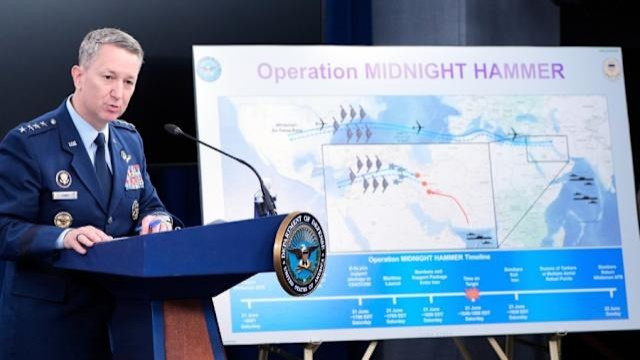
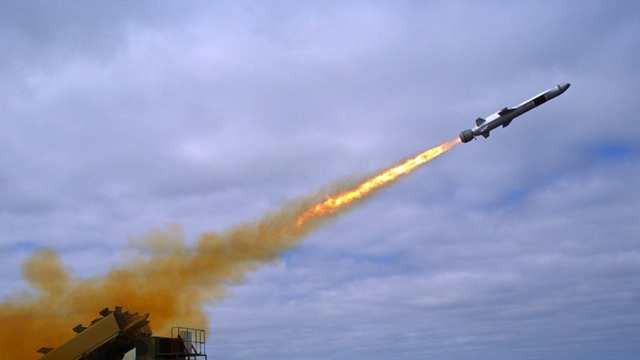

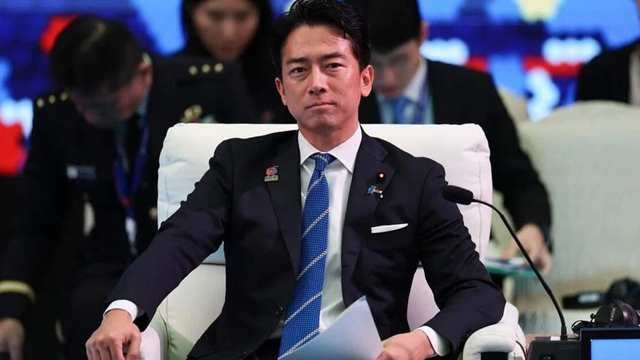
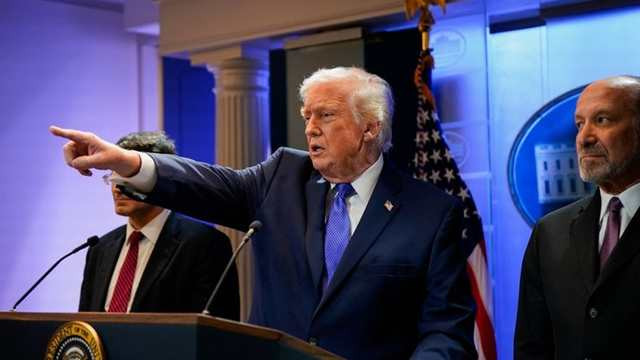
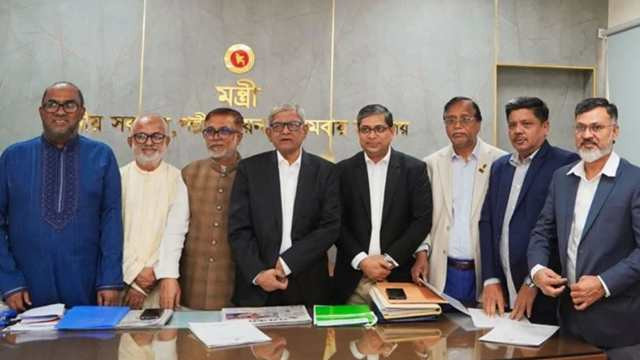
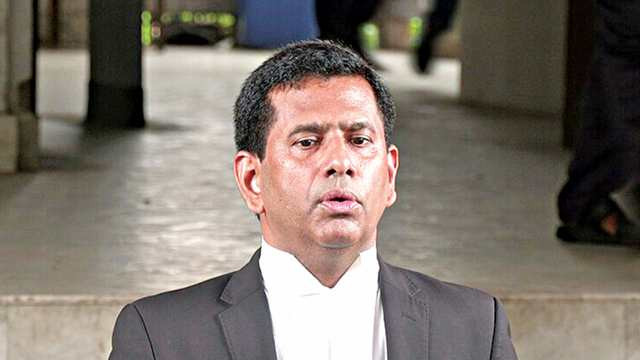
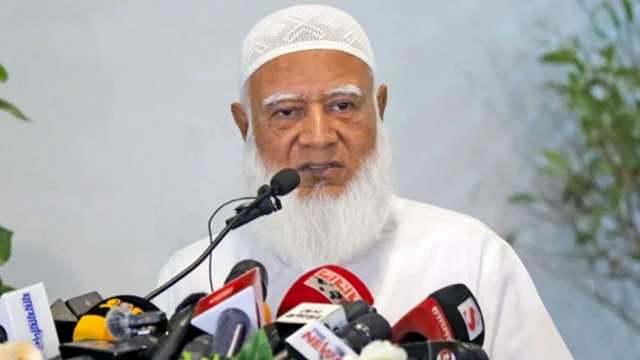
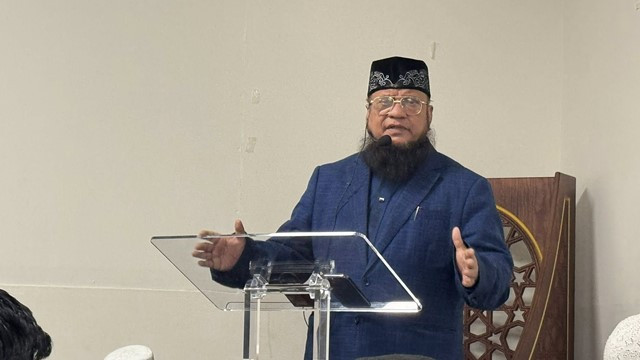
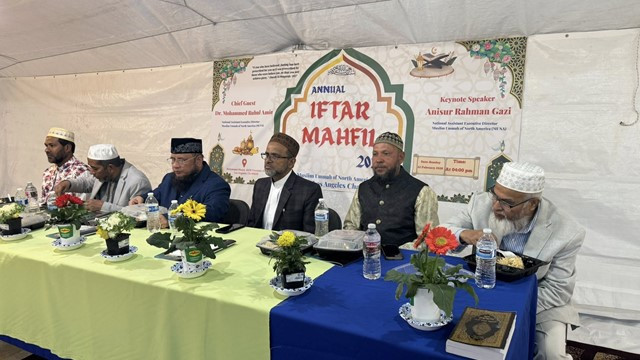
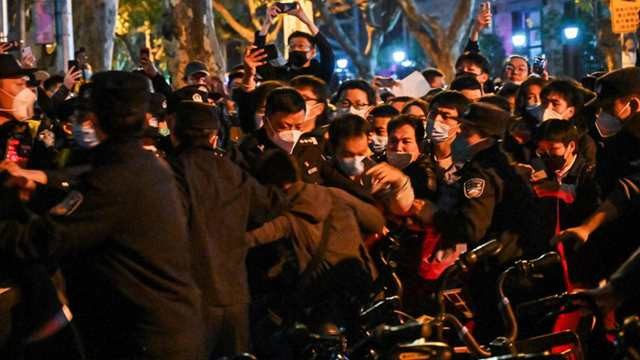

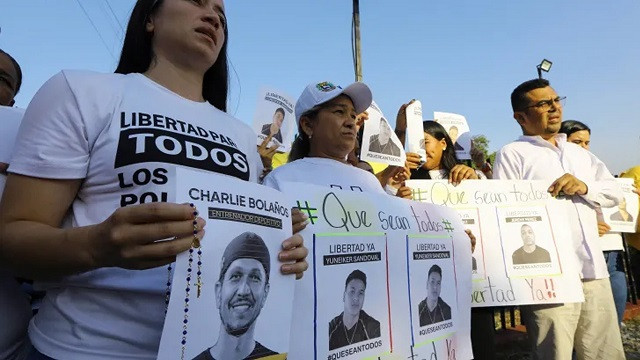
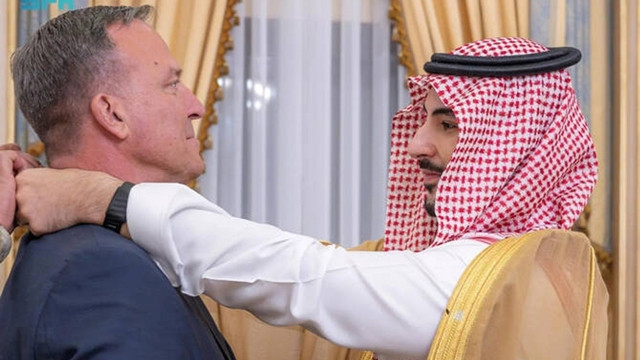
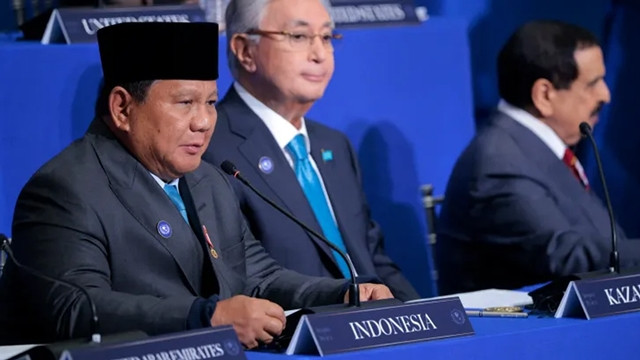
Comments Here: